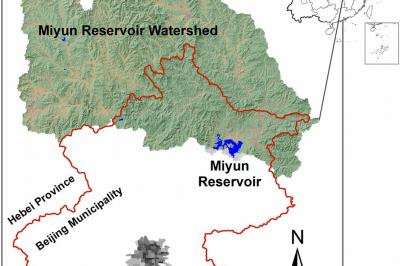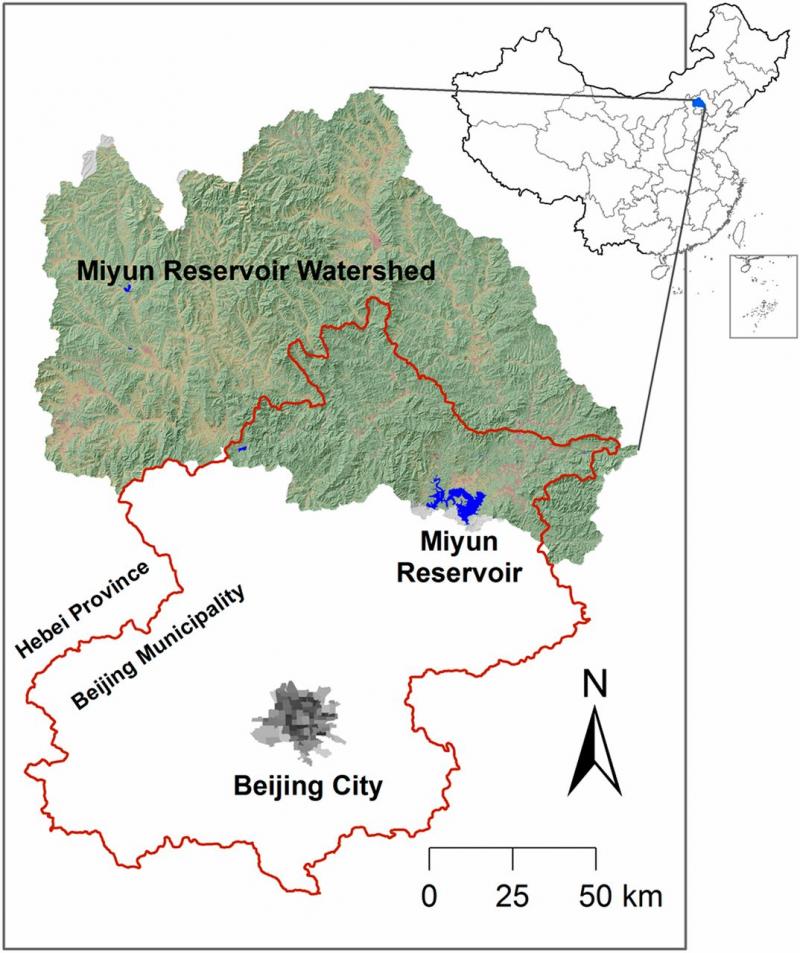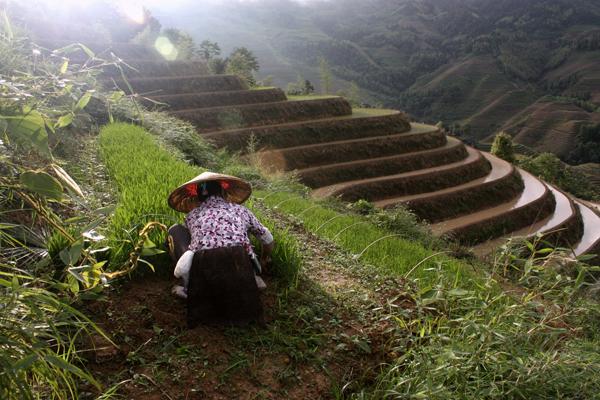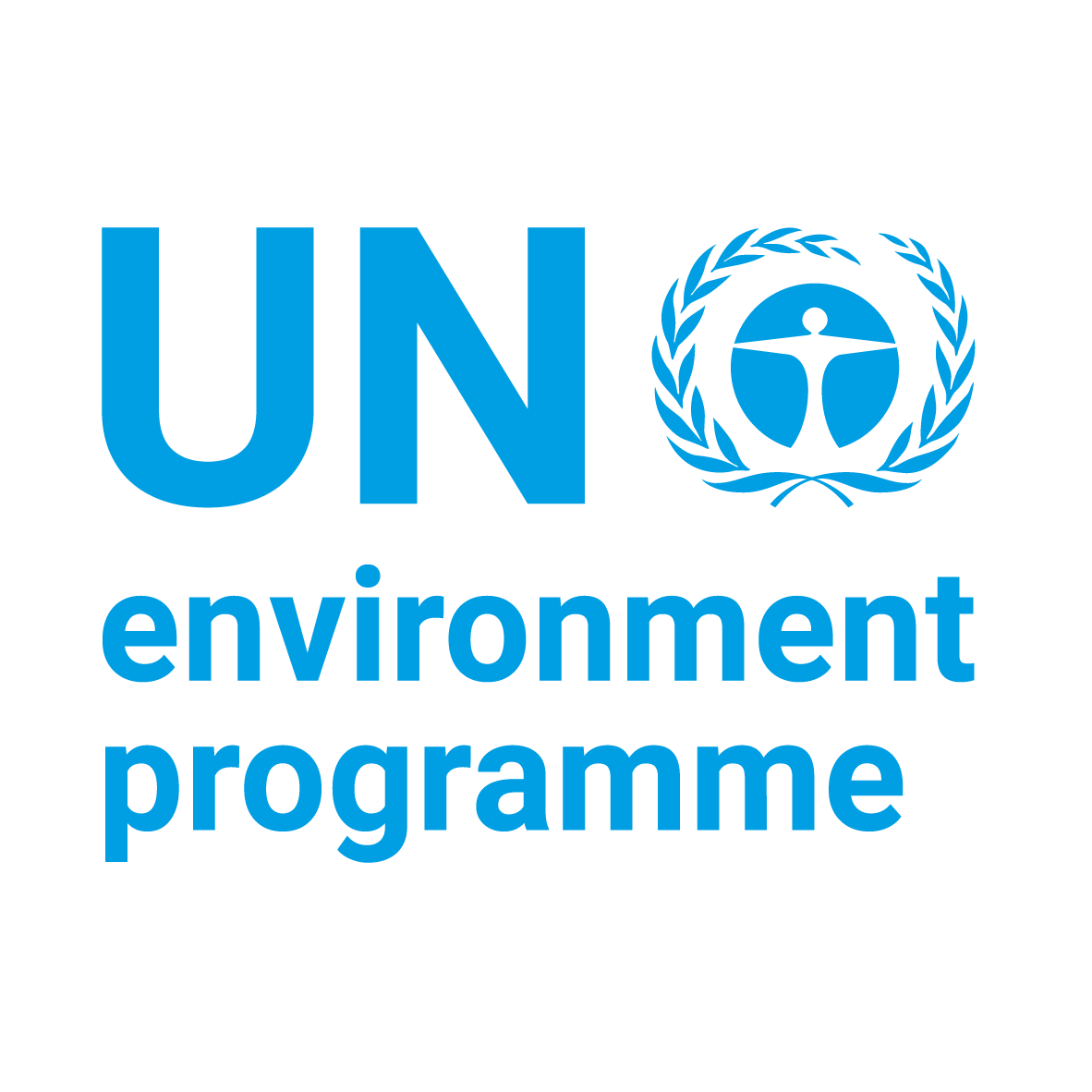Since 2006, Paddy Land-to-Dry Land (PLDL) programme has been implemented in the Miyun Reservoir Watershed to relieve Beijing’s water crisis as inflows into the reservoir have decreased significantly due to both agricultural development and reduced precipitation. In the programme, local governments and communities in the upstream of Miyun Reservoir made efforts to convert the flood-irrigated rice paddies to dryland cultivation, with financial compensations by the Beijing government. So far, all 6,867 ha of rice paddies have been converted to dryland cultivation in the programme. It generated benefits of improved water quantity and quality that exceeded the costs of reduced agricultural output plus transaction cost, while both downstream beneficiaries and upstream providers gained from the programme. The PLDL programme has been successful in achieving environmental goals, as well as enhancing household livelihoods in the long run, thus contributing to improve the resilience of local communities in a changing climate.
Project outcomes
- All 6,867 ha of rice paddies converted to dryland cultivation in the upstream of Miyun Reservoir;
- Decreased irrigation water by 51.5-66.4 million m3 per year;
- Reduced total nitrogen and total phosphorus export by 10.36 and 4.34 tons per year, respectively;
- Participants’ total income increased relative to nonparticipants, although the agricultural income decreased;
- Participants’ labour required for agricultural production and fuelwood use decreased, while spending on education and material assets increased relative to nonparticipants.
Key lessons
- The PLDL programme has been implemented within the strategic framework of regional collaboration to achieve shared and sustainable goals between the upstream and downstream stakeholders.
- The programme is built on the Payments for Ecosystem Services (PES) principle. The payments made by the Beijing government annually are critical to provide incentives for upstream communities to provide ecosystem services valuable to the downstream, abate competition between the upstream and downstream for water resources, and lead to long-term shifts in livelihood activities that depend less on fragile ecosystems.
- Implementing PES programmes requires sensitive considerations, taking into account household livelihood dynamics and behavioural responses to incentives provided to ensure a fair compensation.










